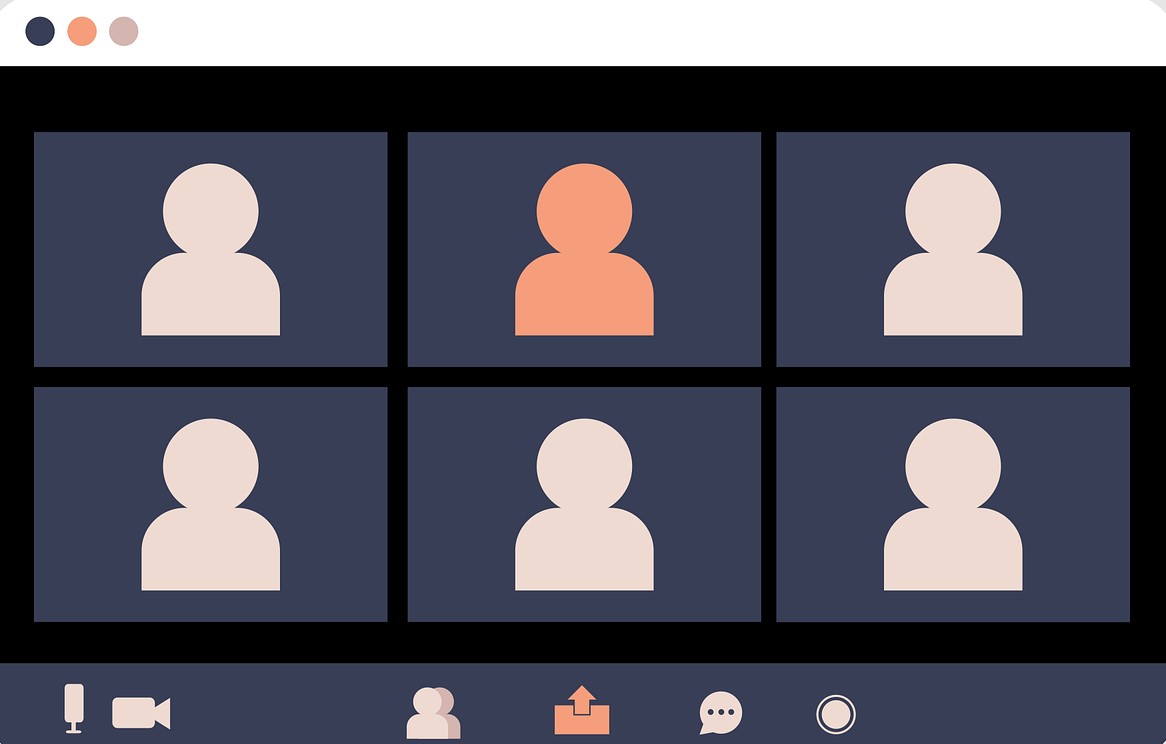
One of the major consequences derived from distance learning is sleep reduction. New research indicates that students taking online classes spend less time sleeping than students taking face-to-face classes.
On May 8, 2021, a team of researchers at the University of Simon Fraser (SFU) in Canada compared sleep data from 80 students enrolled in the summer semester of 2020 (Team A) and 450 students enrolled in the summer semester before the outbreak of COVID19 (Team B). Overall, it was shown that Team A went to bed 30 minutes later than Team B.
Team A slept fewer hours even though there were no early classes than Team B, indicating that Team A could not sleep more at night because they did not efficiently use the given class time.
“One very consistent finding is a collective delay of sleep timing”, says Ralph Mistlberger, a psychology professor at SFU, according to the article reported by Newswise.
Such results of sleep deprivation happened to take place due to students’ lack of concentration and participation rate during distance learning. Using technology devices to participate in classes, students faced difficulty trying to resist the temptation of SNS and games.
Aware that no eyes are overlooking their screens, many students are occupied with tasks other than the given work in class. Work was not effectively done during a set class time and eventually led students to stay up late to finish it within the deadline.
To dive deeper into the cause of the decreased sleeping hours in students, observations were made to check the actual status of an International school’s online classes. Through these observations, it was shown that many students seemed to be distracted.
Five out of every 20 students were turning off cameras and microphones simultaneously, and about 50% of the students were found to be acting irrelevant to class subjects, such as holding back laughter or avoiding seats when dealing with serious content. Such asynchronous classes will be likely to cause students’ living patterns to be damaged.
A student attending a Korean school revealed that students had even more ineffective studying habits. She stated that students are required to watch pre-recorded videos according to the scheduled class period on days of online learning.
“It is impossible to watch all the videos according to the school schedule. Since there is no control over me, I tend to do things other than classwork”, the student said.
In late February 2020, online classes were officially launched, completely changing students’ daily lives when COVID19, which first occurred in China, began to spread throughout South Korea.
In the beginning, many people thought online learning was the proper response to the rapidly growing “pandemic”. However, as this continued for months, some problems began to arise. The decrease in students’ sleep is one of the examples.
There are possible solutions suggested; certain international schools are using websites such as Exam.net, which prevent users from accessing other sites or apps at the same time as they click on the task.
They also show that teachers can set time limits and automatically close tasks so that they can no longer be modified or copied after the deadline. It is crucial for many more schools to consider this when doing assignments and tests if the pandemic continues.

Yunjin Huh
Grade 9
Chadwick International School

